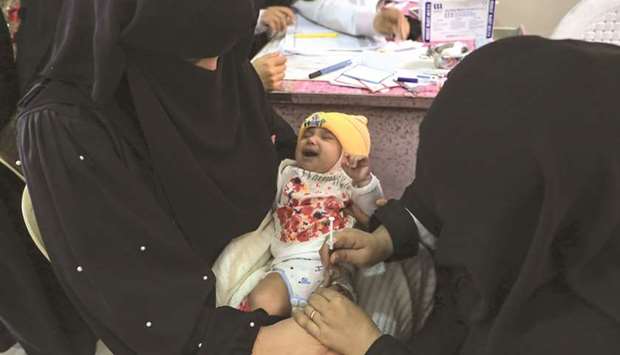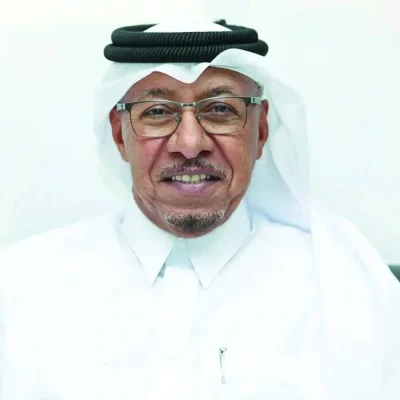The visit comes as a tenuous calm settles over Yemen’s rebel-held port city of Hodeidah, a vital lifeline for imports and aid that had seen fierce clashes in a renewed offensive by a Saudi-led military coalition.
Under heavy international pressure, the Yemeni government and the coalition have largely suspended their five-month-old battle to seize Hodeidah.
Griffiths, who is spearheading efforts to hold peace talks in Sweden in December, met Yemen’s Vice President Ali Mohsen al-Ahmar and Foreign Minister Khalid al-Yamani in the Saudi capital, the Yemeni state-run news agency Saba said. The Yemeni leaders discussed with Griffiths arrangements for the upcoming negotiations and possible “confidence building measures” to test the “rebels’ seriousness” about peace efforts, Saba reported.
The UN envoy, who visited Hodeidah last week to assess the humanitarian situation, was also expected to meet with Yemen’s internationally recognised President Abd-Rabbu Mansour Hadi, a Saudi government source said.
Fighting in the Red Sea city intensified in early November as coalition-backed loyalist forces attempted to enter the city, but calm returned after Griffiths arrived in Yemen on Wednesday.
Griffiths has urged the warring parties to “keep the peace” in Hodeidah.
While the loyalist advance there has largely stalled, minor clashes have continued.
Military officials quoted by Saba on Sunday evening said the loyalists had foiled a Houthi “infiltration attempt” into a camp in Hays, a district about 100 kilometres south of Hodeidah. The rebels said they had detonated an explosive device near the eastern entrance of Hodeidah, “destroying a (pro-government) military vehicle...killing and wounding soldiers inside”, Houthi-run Al-Masirah TV reported yesterday.
Loyalists did not confirm the attack. But pro-government military officials said yesterday that their operations in the east and south of the Red Sea city had been suspended.
Both warring sides have expressed support for the UN envoy’s current effort to hold talks, which marks the biggest push for a peace deal in Yemen in two years.
But in a sign of lingering distrust, coalition spokesman Turki al-Maliki told reporters in Riyadh yesterday that efforts to hold the Sweden talks were progressing “despite Houthi efforts to obstruct them”.
President Hadi — whose UN-recognised government was pushed out of Sanaa by rebels who overran the capital in 2014 — has said he backs peace efforts but has vowed to “liberate” Hodeidah.
In September, a previous round of UN-led peace talks faltered when the Houthis refused to travel to Geneva, accusing the world body of failing to guarantee their delegation’s return to Sanaa or secure the evacuation of wounded rebels to Oman.
Previous talks broke down in 2016, when 108 days of negotiations in Kuwait failed to yield a deal and left rebel delegates stranded in Oman for three months.
The heads of the UN’s humanitarian and children’s agencies have said the recent de-escalation in fighting in Hodeidah is providing a desperately needed respite to hundreds of thousands of civilians.
According to the World Health Organisation, nearly 10,000 people have been killed since the Saudi-led intervention began, though some rights groups estimate the toll could be five times higher.
Humanitarian organisations are desperate to see the current peace push translate into a more permanent halt to the conflict.
UN agencies say 14mn Yemenis are at risk of starvation and the closure of Hodeidah port would further exacerbate the humanitarian crisis.



